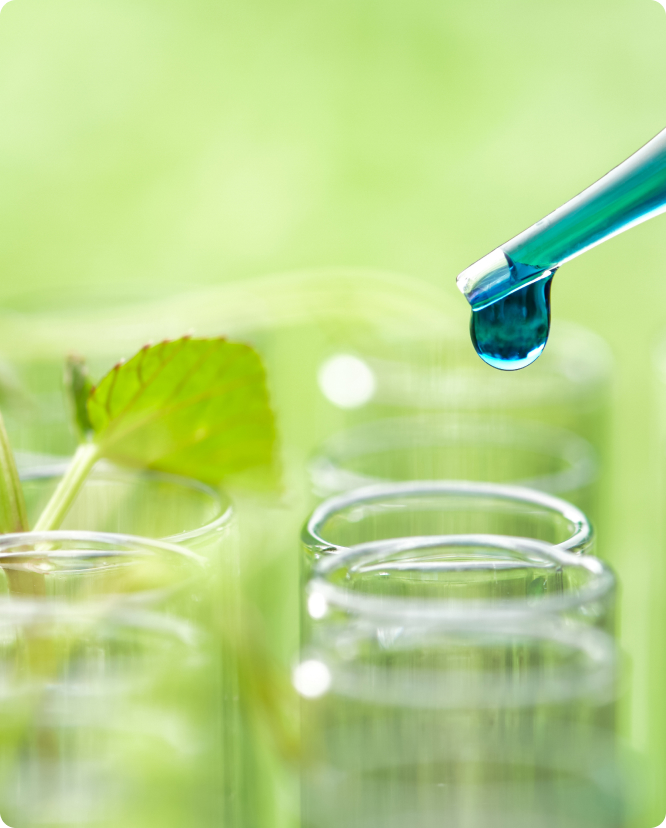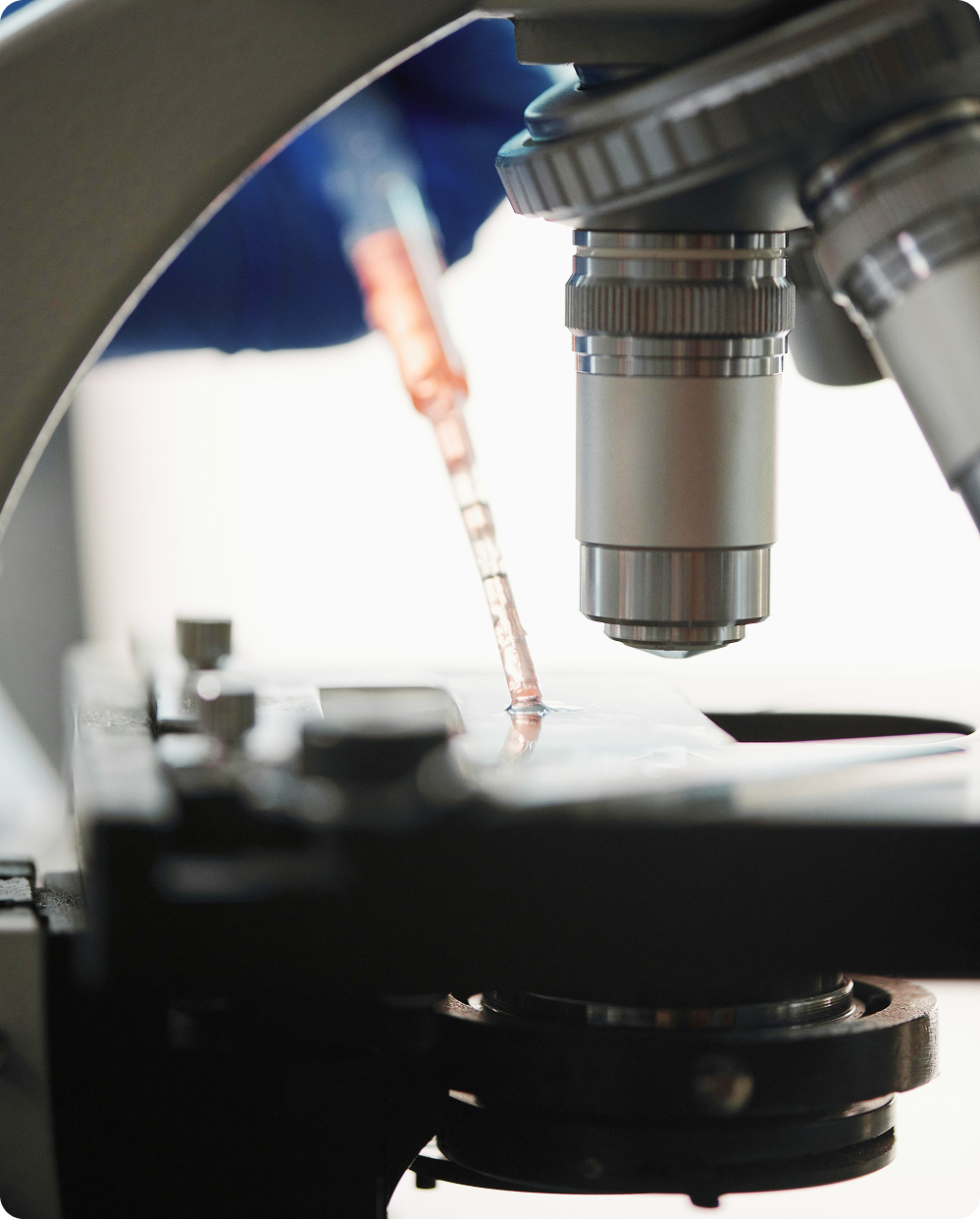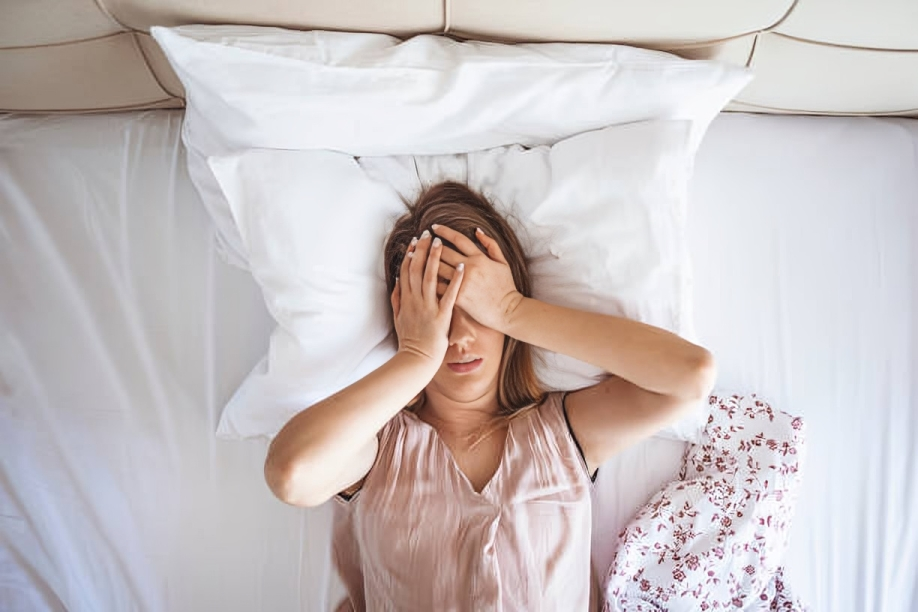Ever found yourself scratching more than usual and wondering why you're suddenly itchy everywhere? If you're in your 40s or early 50s, this could be perimenopause at work. But before you assume it's just another annoying symptom to endure, stick with me. The real story behind perimenopause itching is way more interesting than you might think.
Perimenopause brings many unexpected changes, and for many women, persistent itchy skin is one of the most frustrating and surprising symptoms. Maybe you've even started questioning your soap, your laundry detergent, or whether you're developing new allergies. The truth is, your hormones are probably the real culprit here.
Good news: understanding what's really happening with your skin during this transition is the first step toward finding real relief. We'll break down the science behind why your skin feels different, what normal itching patterns look like, and most importantly, what actually works to make you feel better.
What's Really Behind Perimenopause Itching?
Here's something that might surprise you: your skin is actually one of the most hormone-sensitive organs in your body. Think of estrogen as your skin's personal maintenance crew, working around the clock to keep everything running smoothly. During perimenopause, that crew starts calling in sick more often, and your skin really feels the difference.
Let's break down what's actually happening beneath the surface.
Your Skin Is Losing Its Structural Support
Estrogen plays a huge role in producing collagen, which is basically the scaffolding that keeps your skin firm and smooth. When estrogen levels start to fluctuate and decline during perimenopause, collagen production takes a serious hit. Research shows that women can lose about 30% of their skin's collagen in just the first five years after menopause [1]. This isn't just normal aging we're talking about. It's directly linked to the loss of estrogen [1].
As that structural support weakens, your skin becomes thinner and more fragile. It's like having a house where the support beams are slowly getting weaker. Everything still looks okay from the outside, but the foundation isn't as solid as it used to be. This makes your skin much more prone to irritation and, you guessed it, itching.
Your Natural Moisture System Is Breaking Down
Here's another job estrogen does that you probably never thought about: it tells your oil glands how much natural oil to produce. These oils are crucial for keeping your skin lubricated and preventing it from drying out. As estrogen levels drop, so does oil production, which leads to the kind of skin dryness that can drive you absolutely crazy [2].
Think of it like your skin's natural moisturizing system is slowly turning down the volume. What used to keep your skin comfortable and hydrated just isn't working as well anymore.
Your Protective Barrier Is Getting Weaker
Your skin has an amazing protective barrier that works like a shield, keeping moisture locked in and irritants locked out. Estrogen is absolutely vital for maintaining this barrier function. When estrogen levels are low, your skin barrier becomes less effective, allowing more moisture to escape and making it easier for irritants to get in [1].
It's like having a raincoat with tiny holes developing in it. At first, you might not notice, but over time, more and more water gets through. A compromised skin barrier means everything from your favorite perfume to changes in the weather can suddenly trigger itching and irritation.
Your Skin's pH Balance Is Getting Disrupted
Healthy skin maintains a slightly acidic pH, which helps it fight off harmful bacteria and stay balanced. Estrogen helps maintain this delicate acidity. As estrogen levels fall during perimenopause, your skin's pH can shift toward being more alkaline, which disrupts its natural protective mechanisms and leaves it more vulnerable to irritation.
Is This Normal? Understanding Itching Patterns During Perimenopause
If you're dealing with persistent itching and wondering whether this is just another weird perimenopause symptom, the answer is yes, it absolutely can be. Itching is actually a very common complaint during this time, and it's often directly linked to the skin dryness that comes with hormonal changes [1].
It's completely normal to feel frustrated, especially when you can't pinpoint an obvious cause. Many women experience this without realizing that their hormones are behind it. You're not imagining things, and you're definitely not alone in this experience.
Perimenopause itching can show up in several different ways:
All-Over Itchiness: This is that maddening, generalized itch that seems to come out of nowhere. It often reflects the widespread impact that estrogen loss has on your entire body's skin.
Localized Itching: Sometimes the itching concentrates in specific areas. Genital itching, for example, is often related to the vaginal and urinary changes that happen during menopause, a condition doctors call genitourinary syndrome of menopause [3].
Strange Skin Sensations: Have you ever felt like tiny insects are crawling on your skin when nothing's there? This unsettling sensation is called formication, and it's actually a type of nerve-related itch that can be triggered by hormonal fluctuations.
Flare-ups of Old Skin Issues: If you've had conditions like eczema or psoriasis in the past, you might find they make an unwelcome comeback during perimenopause, or existing conditions might get worse [1].
When It Might Be Something Else
While hormonal changes are often the culprit behind perimenopause itching, it's important to know that other things can cause persistent itchy skin too. Work with your healthcare provider to determine what's really causing your symptoms, because these issues can have many different underlying causes.
Before you assume it's perimenopause, consider these other possibilities:
Skin Conditions: Common issues like contact dermatitis (which happens when your skin reacts to something it touches), eczema, or psoriasis can all cause significant itching [4].
Infections: Yeast infections and other types of infections can lead to intense itching, particularly in sensitive areas like the genitals [4].
Other Health Issues: Sometimes persistent itching can signal other health conditions like thyroid problems or nutritional deficiencies. While this is less common, it's one reason why checking in with a healthcare provider is always a smart move.
New Allergies or Sensitivities: Your skin can suddenly become sensitive to products you've used for years without any problems. If you've recently switched laundry detergents, soaps, or skincare products, that could be the real culprit [4].
If your itching is severe, doesn't improve with basic care, or comes along with other symptoms like rashes or open sores, it's definitely time to consult a healthcare professional for proper diagnosis and treatment.
Your Relief Action Plan: Evidence-Based Solutions That Work
Here's the good news: there are many effective ways to manage perimenopause-related itching. The key is giving your skin the extra support it needs during this hormonal transition. Think of it as upgrading your skincare routine to match what your body actually needs right now.
Master Your Daily Skincare Routine
Small changes in your daily routine can make a surprisingly big difference in how your skin feels.
Moisturize Strategically: The absolute best time to moisturize is right after a shower or bath, while your skin is still slightly damp. This helps trap moisture before it has a chance to evaporate. Don't be shy about using a generous amount of high-quality, fragrance-free moisturizer all over your body [4]. Think of it as giving your skin a drink when it's really thirsty.
Choose Gentle Cleansers: Harsh soaps can strip away your skin's natural oils and make dryness and itching even worse. Look for gentle, hydrating cleansers that don't contain fragrances or dyes, especially for your face and intimate areas [4]. Your skin is already working harder to maintain its balance, so don't make its job even more difficult.
Turn Down the Heat: Long, hot showers might feel amazing, but they're actually one of the worst things you can do for itchy, dry skin. Hot water strips away natural oils and can leave your skin feeling even more irritated. Stick to lukewarm water and try to keep your showers reasonably short.
Support Your Skin from the Inside Out
What you do internally can have a significant impact on how your skin feels and functions.
Stay Consistently Hydrated: Drinking plenty of water throughout the day is one of the simplest and most effective ways to support your skin's health from within. Think of hydration as an inside job that supports all your external skincare efforts.
Choose Skin-Friendly Fabrics: Tight, synthetic fabrics can trap heat and moisture against your skin, which often leads to irritation and itching. Opt for loose-fitting clothes made from natural, breathable materials like cotton, especially for undergarments and sleepwear [4]. Your skin needs room to breathe.
Try Cooling Strategies: When you're dealing with an intense itching episode, cool compresses can provide immediate relief. You can also try storing your moisturizer in the refrigerator for an extra cooling sensation when you apply it.
Targeted Skincare Ingredients That Actually Help
When your skin needs extra support, choosing the right ingredients can make all the difference.
Hyaluronic Acid for Deep Hydration: When you're shopping for moisturizers to address hormone-related skin changes, focus on ingredients that can provide deep, lasting hydration. Hyaluronic acid is particularly effective because it can hold up to 1,000 times its weight in water. Neycher's moisturizing products contain 10mg of hyaluronic acid, which helps provide the kind of deep hydration that hormone-affected skin really needs.
pH-Balanced Products for Sensitive Areas: The skin in your intimate areas is especially delicate during perimenopause. Using pH-balanced washes can help maintain your skin's natural acidity and prevent the irritation and itching that often come with vaginal and urinary changes during menopause.
Ceramides for Barrier Repair: Ceramides are natural fats that are essential for maintaining a healthy skin barrier. A moisturizer that contains ceramides can help replenish what your skin is losing and strengthen its protective function.
Medical Treatment Options
If you've tried adjusting your skincare routine and are still struggling with persistent itching, it might be time to explore medical treatments with your healthcare provider.
Hormone Replacement Therapy (HRT): For many women, HRT can be highly effective at relieving a wide range of menopausal symptoms, including problematic skin changes. By helping to restore your body's estrogen levels, HRT can support collagen production, improve skin hydration, and strengthen your skin's barrier function [1].
Topical Estrogen: If your itching is primarily concentrated in the genital area, low-dose topical estrogen treatments like creams, rings, or tablets can provide targeted relief without the systemic effects of full hormone replacement therapy [3].
When to Talk to Your Doctor
It's always smart to check in with your healthcare provider if you're dealing with persistent, severe, or worsening itching. While perimenopause is a common cause of skin changes, a medical professional can help you rule out other potential issues and develop the most effective treatment plan for your specific situation.
Don't hesitate to seek help if your symptoms are interfering with your sleep, daily activities, or overall quality of life. You don't have to just tough it out or accept uncomfortable symptoms as an inevitable part of aging.
References
- Kamp, E., Ashraf, M., Musbahi, E., & DeGiovanni, C. (2022). Menopause, skin and common dermatoses. Part 2: skin disorders. Clinical and Experimental Dermatology, 47(12), 2117–2122. https://doi.org/10.1111/ced.15308
- Nair, P. A. (2014). Dermatosis associated with menopause. Journal of Mid-life Health, 5(4), 168–175. https://doi.org/10.4103/0976-7800.145152
- American College of Obstetricians and Gynecologists. (2020). Disorders of the Vulva: Common Causes of Vulvar Pain, Burning, and Itching. FAQ088. https://www.acog.org/womens-health/faqs/disorders-of-the-vulva-common-causes-of-vulvar-pain-burning-and-itching
- Mitchell, C. (2023). Evaluation and Treatment of Vulvovaginal Itching in Postmenopausal Women. NAMS Practice Pearl. The North American Menopause Society. https://www.menopause.org.au/images/stories/education/docs/nams/practice-pearl-mitchell-evaluation-of-vulvovaginal-itching.pdf
- The North American Menopause Society. (2014). The North American Menopause Society recommendations for clinical care of midlife women. Menopause, 21(10), 1038–1062. https://doi.org/10.1097/gme.0000000000000319








